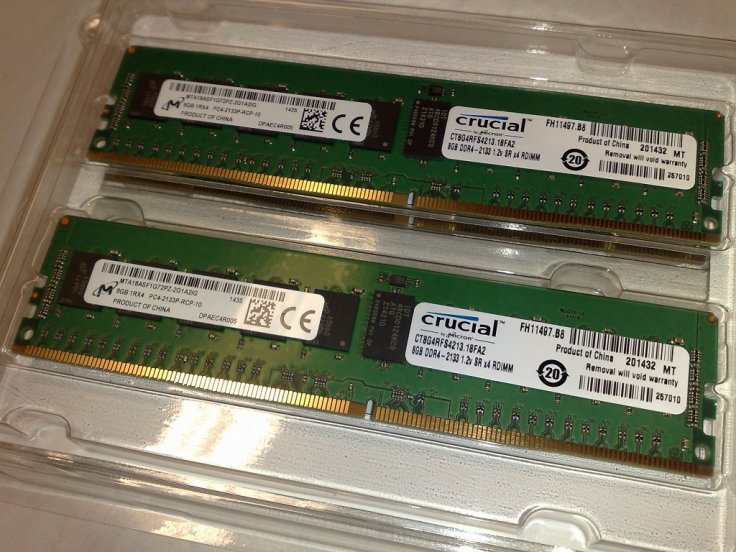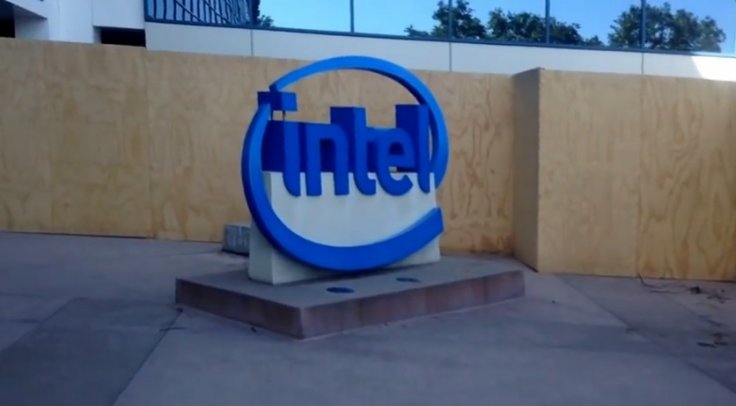The US Commerce Secretary has warned that chipmakers will leave the country and set up manufacturing bases overseas unless a key bill authorising spending for the industry is passed by Congress soon.
Gina Raimondo told Yahoo Finance at Davos that the semiconductor giants are frustrated by the slow legislative process over a bill that seeks spending of over $50 billion on semiconductor manufacturing.
Global Chip Shortage
Raimondo drew attention to the global chip shortage and how that is impacting a key segment of industries, adding that the economic damage caused by the semiconductor shortage will become 'permanent' unless Congress passed the bill.

"I've talked to maybe four CEOs of chip companies here, they've all said, 'We want to be in the U.S., but we can't wait any longer,'" she told Yahoo Finance Editor-in-Chief Andy Serwer during the World Economic forum meetings in Davos.
The secretary added that countries like Singapore, Germany and Spain are trying to lure US companies.
The US has had clear dominance in the semiconductor industry in the last several decades, maintaining more than 50 percent of the market share in revenue terms at one point. The country was also home to more than half of the 15 largest semiconductor companies in the world.
China and Taiwan Expanding Footprint
But that dominance is being chipped away, with China and Taiwan expanding their footprint in the industry. However, according to the The Semiconductor Industry Association, US share in the semiconductor manufacturing has dropped from 40 percent in the 1990s to 12 percent currently. When it comes to advanced logic semiconductors, US is no longer a player at all, with nearly 100 percent of the market controlled by overseas companies.

According to market research group Techcet, global chip supplies are tight and chip orders are only expected to pick up. Techcet estimates demand for all the materials will rise by more than 37% over the next 4 years. Currently key industries like automobiles are severely hampered by the chip shortage.
A lot depends on the key bill pending at the US Congress. President Joe Biden said earlier this year that Intel is going to spend $20 billion for a new semiconductor plant in Ohio. However, the roll-out of the investment plan depends on the passage of the 'U.S. Innovation and Competition Act', which was passed by the US Senate a year ago. The House also passed a similar bill, which earmarks billions for scientific research that can help the semiconductor industry. However, the final passage of the bill is caught in a web of intricate political differences.
Beyond Punitive Action
Raimondo warned that China is pressing ahead with more investment in the semiconductor industry. "China's plowing ahead [and] investing $150 billion into domestic production of chips. So, we're going to miss out if we don't move," Ramimondo said.

It was reported in March last year that the Chinese state investment fund was boosting the firepower of its all-important chipmaker SMIC amid a high-stakes 'chip war' with the United States. China's Semiconductor Manufacturing International Corp said it will build a $2.35 billion plant with funding from the provincial government of Shenzhen.
The proposed plant will be able to produce silicon of 28 nanometers or above, SMIC said in a stock exchange filing.
The US had blacklisted SMIC in 2020, alleging links with China's People's Liberation Army. The US had also taken stringent action against a range of Chinese tech companies including Huawei and ZTE Corp, accusing them of posing security threats. However, apart from taking punitive action against China's chip giants, there has been effort in the US to set up more advanced semiconductor factories within the country, in order to retain the global advantage in this crucial segment.
Read more









